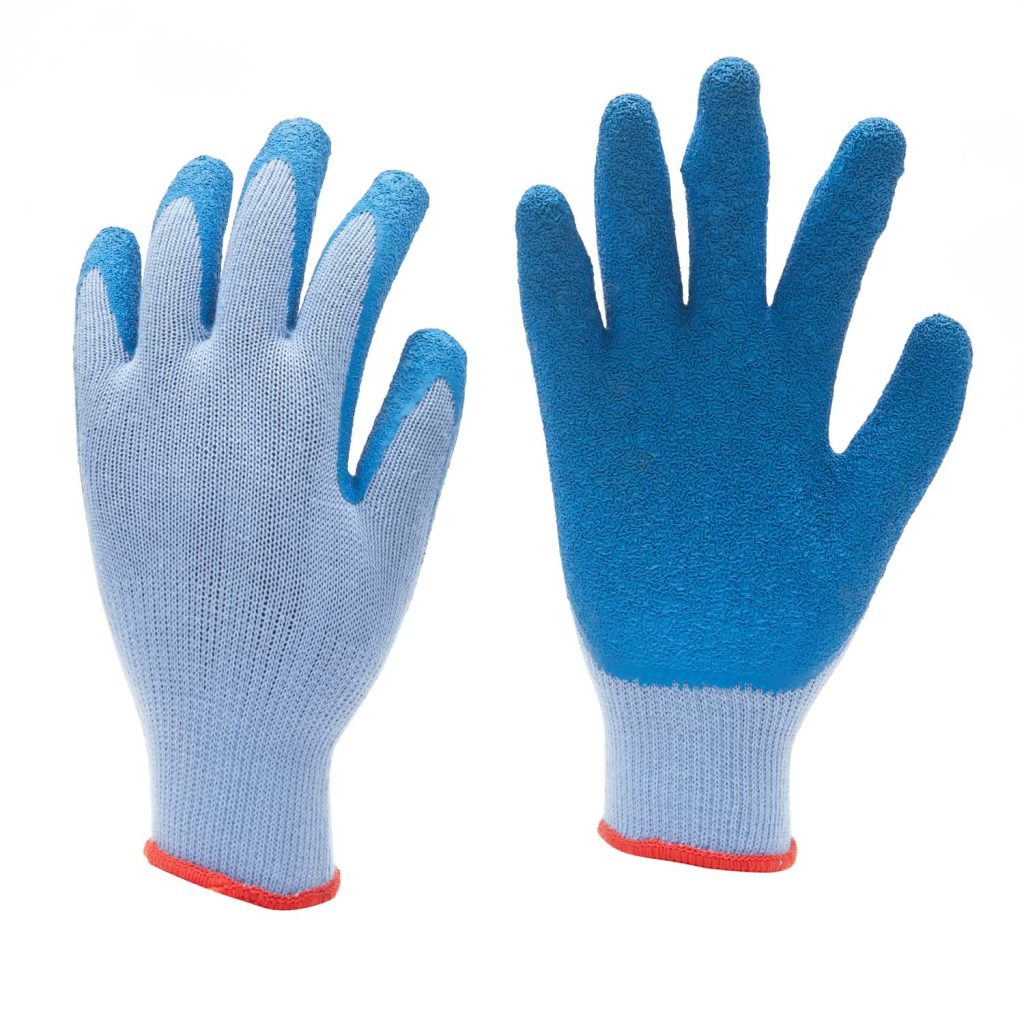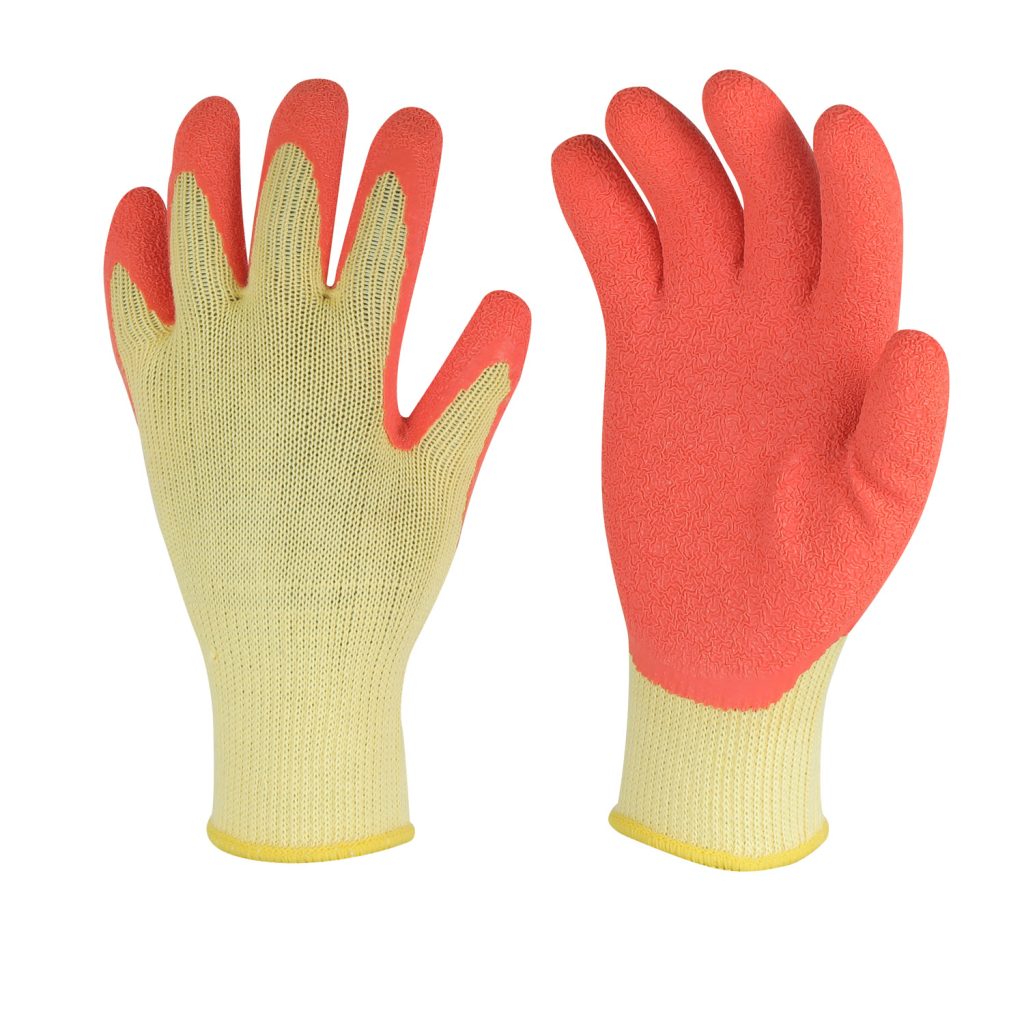Picking a suitable glove coating is essential for keeping our hands safe. There are lots of coatings, like nitrile, latex, and more. This guide will help you understand them better. We’ll check out various coatings to determine the most effective for different uses. The proper gloves are vital for any task, be it building, using chemicals, or gardening. We’ll discuss grip, flexibility, and how well they protect against chemicals. We’ll also check out some cool new coatings that improve gloves! Learn about glove coatings and how they protect our hands. You can enjoy it, no matter your level of skill. Okay, let’s get started!

How do I know which coated gloves are best for my hand?
To pick the best glove coating for your hands, figure out what you will do with them. Different coatings help with other things, like grip or protection. If you’re dealing with slippery stuff, go for nitrile; try latex coated gloves if you need to feel things well. Test if the coating is strong enough to deal with the tasks you have at hand and won’t be damaged easily. Ensure that it will not cause allergies or pain and is relaxing. Also, see if it lets your hands breathe and move quickly. Review product information. And see what others say in reviews to know how the coating performs. Taking these steps will help you find gloves. And it will keep your hands safe and comfy during all your activities.
Let’s see which coating works best for gloves.
Nitrile Coating: Imagine you’re working on a car or handling some chemicals. Your hands could get dirty or even hurt by the chemicals. Nitrile-coated gloves are helpful in this case. They cover your hands from oils and other chemicals like a shield, keeping them safe and clean. For many workers, nitrile is the material they prefer because it is robust and immune to tearing or holes.
Polyurethane Coating: Picture yourself on a task requiring skill to handle small parts. PU-coated gloves are like having a cat’s whiskers on your fingers. They let you feel what you’re touching, giving you great control without slipping. They’re strong, too, making sure you can hold onto things securely.
Latex Coating: Have you ever worn a balloon on your hand? Latex gloves are like that. If items are wet or dry, they give you an excellent grip, fit tightly, and flex a lot. However, latex gloves are unsuitable for everyone, as some are allergic to balloons. They’re ideal for any task if you’re not allergic.
PVC Coating: PVC-coated gloves are ideal for working with chemicals or oily items. Their use is similar to that of a raincoat, covering your hands from dangerous materials. While they are solid and durable, they are not as flexible as other gloves. They may not be the best choice if you must do something delicate.
Rubber Coating: Rubber coated gloves are like wearing a flexible bucket on your hands. They’re great for keeping water out, which is perfect for wet work. Rubber coated gloves can also help keep you safe if you’re working with electricity. Rubber coated gloves can help by blocking the flow of electricity. They are relaxing, flexible, and strong against a lot of stress.
Neoprene Coating: Imagine putting on a suit of armor. And that has a chemical barrier besides being strong against cuts and scrapes. Gloves coated in neoprene are that. They are fit for many kinds of tasks. They work well in hot and cold conditions, like mixing chemicals and working outside.
Silicone Coating: Silicone-coated gloves are very useful in the kitchen. It’s beneficial while handling hot pans or baking cookies. They don’t heat up fast, so you can grab warm things. Also, since they are safe for food, your meals won’t have any odd chemicals. Chefs and bakers love them because they’re also easy to clean.
Each glove coating has specific features that make it ideal for an exact task. The glove that fits your needs, keeps you safe, and is easy to wear is your perfect choice. Always remember the task when selecting the right glove to protect your hands.
Get the best gloves from best place

ZIMAI’s website is the place to go for all types of coated gloves. This site has everything, like latex, nitrile, and polyurethane gloves. They have gloves for many different uses. Whatever you need, they got it, whether you work in automotive, health care, or any other sector. Their website is user-friendly and offers an extensive selection. You can find gloves that are durable and provide excellent protection. Trust ZIMAI for gloves that keep you safe and do the job right! And after that, you can enjoy the work you do with your gloves. Then you don’t need to worry; only visit this site for your gloves.
FAQs
Who uses nitrile coated gloves the most?
Mechanics, builders, and doctors often use them because they’re strong.
Do polyurethane gloves protect against cuts?
They’re not the best for that, so be careful if you need protection from sharp things.
Which glove coating is ideal?
It depends on the task at hand. The three primary kinds are polyurethane, nitrile, and latex.
Why go for gloves coated in latex?
When it comes to tiny tasks, their grip and flexibility are ideal.
Can nitrile coated gloves work on a specific basis?
Their strength makes them best for caring for oils and chemicals.
What makes gloves made of polyurethane unique?
They boost the sense of touch, which is ideal for sensitive jobs.
Can anyone with an allergy use latex coated gloves?
No, it’s safer to avoid any issues using polyurethane or nitrile.
Conclusion
Ultimately, the use and position of your gloves will impact which coating is best for you. Every coating type has benefits and drawbacks. Nitrile is chemical resistant, and latex offers excellent grip. And polyurethane works well for tactile feedback. Choose the coating that fits the task and the setting in which it will be placed. In this way, you can work feeling safe, relaxed, and happy, thanks to your gloves. So, when picking the gloves for your use, remember these things to get the best.
 ZIMAI Safety
ZIMAI Safety